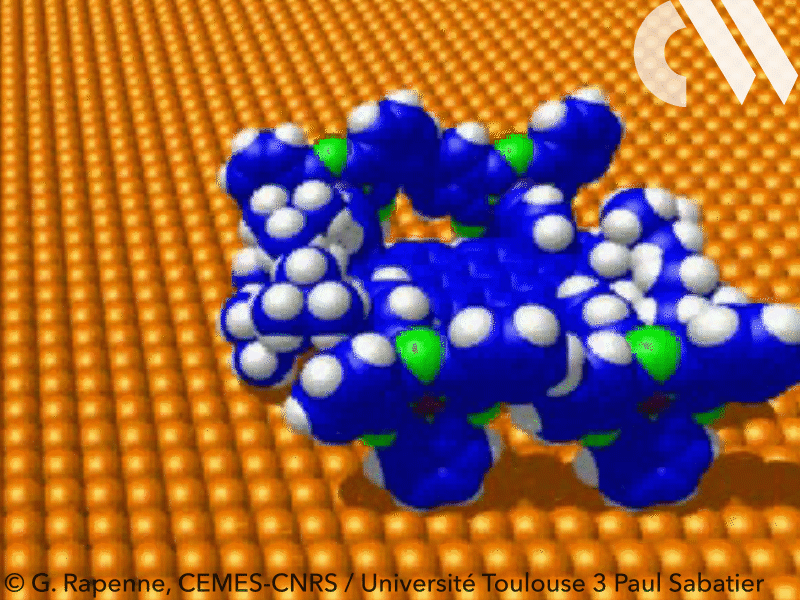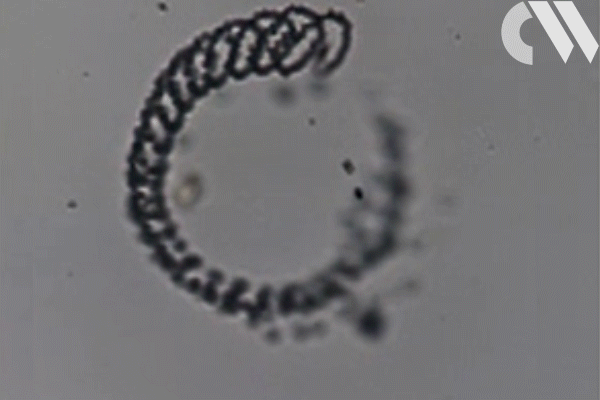Nanotechnology – Page 6
-
 Research
ResearchMicromotors navigate tiny biochemical lab
Resistant layer protects micromotors from protein-induced breakdown when swimming through biological fluids on lab-on-a-chip device
-
 News
NewsWorld's first nanocar race goes the distance
Molecular cars raced around gold track to showcase unique microscope
-
 Research
ResearchChiral nanospirals put polymers in a spin
Spontaneous structures self-assemble inside hexagonal templates
-
 Research
ResearchNanomachines with reverse gear control gel movement
Light-controlled nanomachines embedded in a polymer can control its shrinking and expanding
-
 Research
ResearchInkjet-printed graphene devices go non-toxic
New production process uses biocompatible solvents that could enable printed electronics for medical uses
-

-
 Research
ResearchDiamonds to track down origins of diseases of ageing
Fluorescent nanodiamonds reveal the inner workings of neurons
-
 News
NewsNanocars gear up for first race of its kind
France will host nanocar competition between six teams from around the world to test unique microscope
-

-
 Research
ResearchExplosive-sensing plant lights fuse for nanobionics
Nanotube-modified spinach can detect explosives and give off an IR signal
-
 Research
Research3...2...1... micro-ignition!
Scientists design microrockets with first ever built-in delayed ignition system
-
 Feature
FeatureSupraheroes
The three winners of this year’s chemistry Nobel gave chemists the tools to make molecules into machines. Emma Stoye assembles the story
-
 Research
ResearchA new recipe for black phosphorus
Chemists develop a new method to produce supported black phosphorus with applications in catalysis
-
 Research
ResearchNano-necklaces go for gold
Gold nanocluster superstructures have potential applications in bio-imaging
-
 Research
ResearchAntimony latest element to join 2D materials family
Antimonene is predicted to have interesting properties that would make it suitable for optoelectronic devices
-
 Research
ResearchHairy plants aid oil-absorbing material design
Leaves of weed could even be used to mop-up slicks
-
 News
NewsClot-boosting nanoparticles could prevent haemorrhaging
US researchers have developed haemostatic nanoparticles that control internal bleeding to treat victims of serious injuries
-
 News
NewsBringing 2D materials to market
Thomas Swan will supply Manchester institutes at bulk scale to speed application development
-
 News
News‘Nanotube chains’ may boost Olympic cycling success
Team GB is using a chain treatment that reportedly leads to significant power savings
-
 Research
ResearchAtomic memory holds 500 times more data per square inch than ordinary hard drives
Rewritable system moves atomic-scale data storage closer to commercial reality